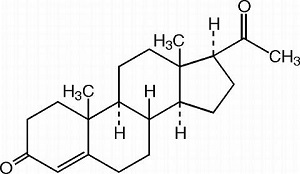
Q: How does obesity contribute to a woman’s risk of breast cancer?
Marla Ahlgrimm: Fat cells produce estrogen from the time a woman is born. However, after menopause, fat cells become the body’s primary source of estrogen. An overweight woman will produce more estrogen than her average-weighted counterpart, increasing her chances of getting breast cancer. Additionally, obese women tend to have higher levels of insulin, which has also been linked to breast and other cancers.
Q: Does a woman’s weight at any certain stage of her life have a more profound effect on her risk for breast cancer?
Marla Ahlgrimm: Studies have found evidence that suggests weight gain later in life, and especially after menopause, contributes to a woman’s risk of breast cancer more so than weight acquired in the pre-teen stages. A woman who has always been obese will have a slightly lower chance of getting breast cancer than a similarly-sized woman who gained the excessive weight in adulthood.
